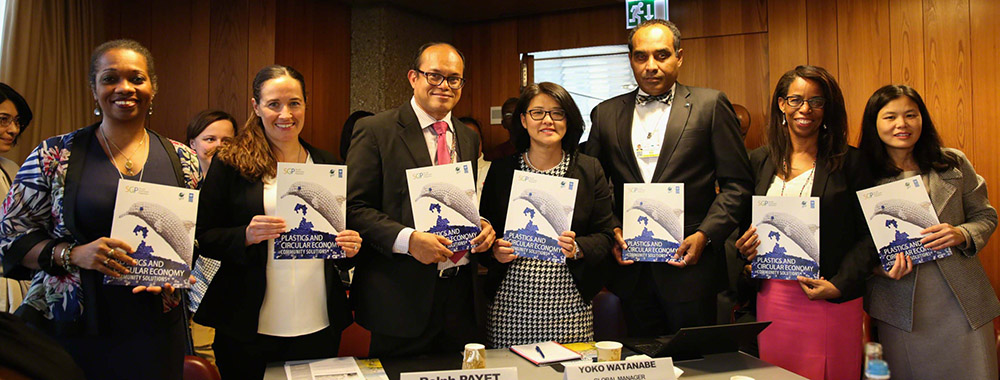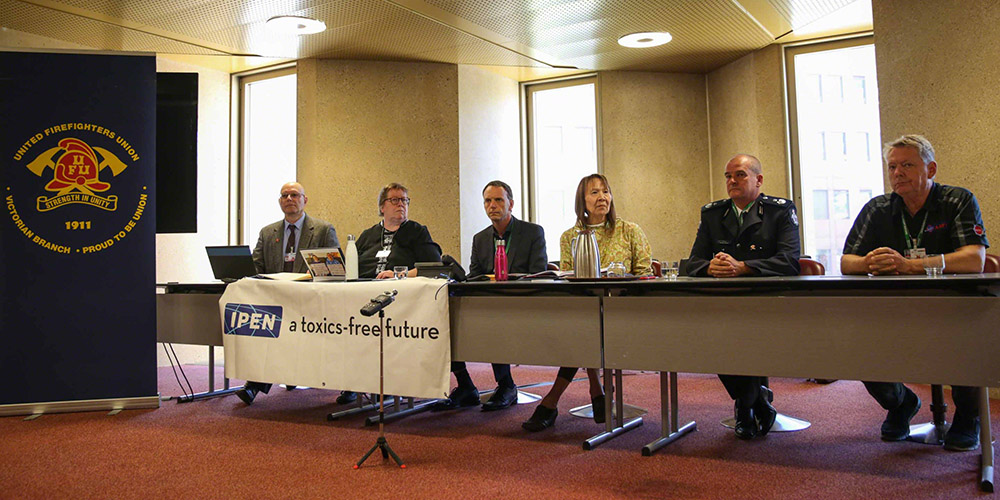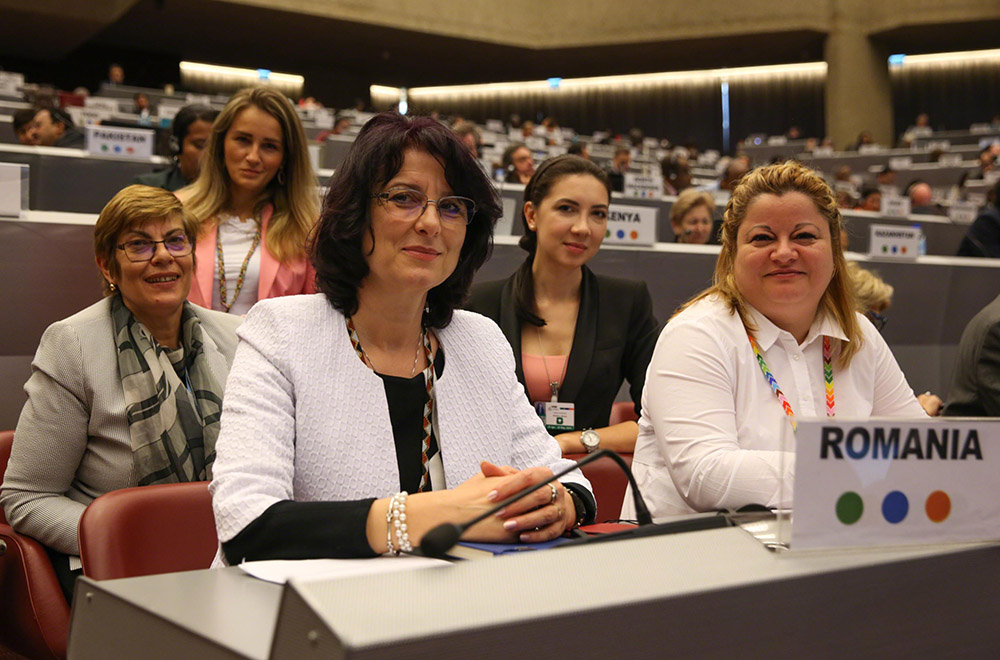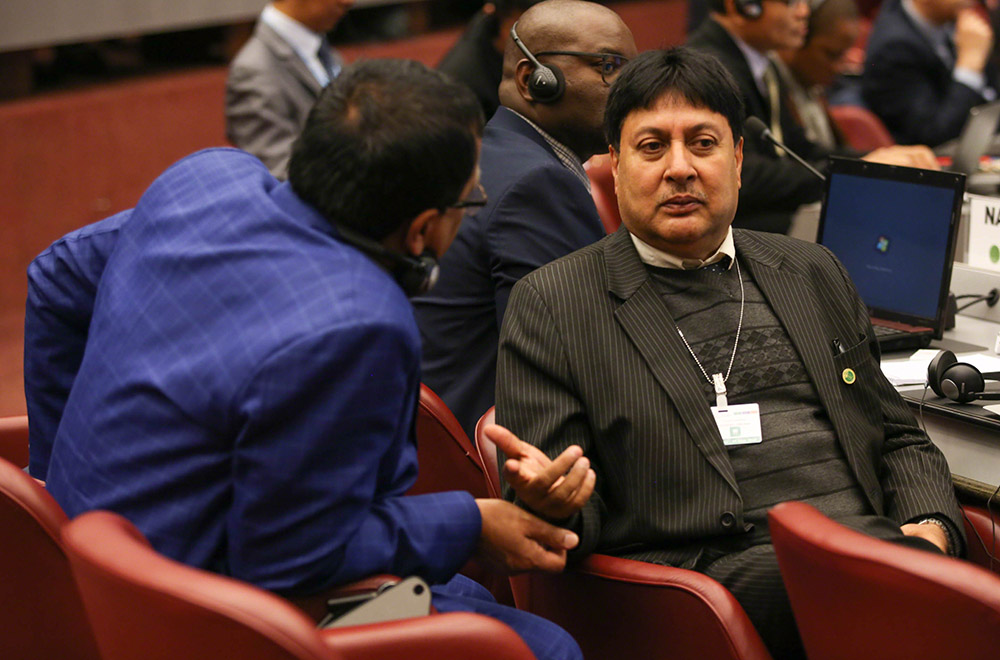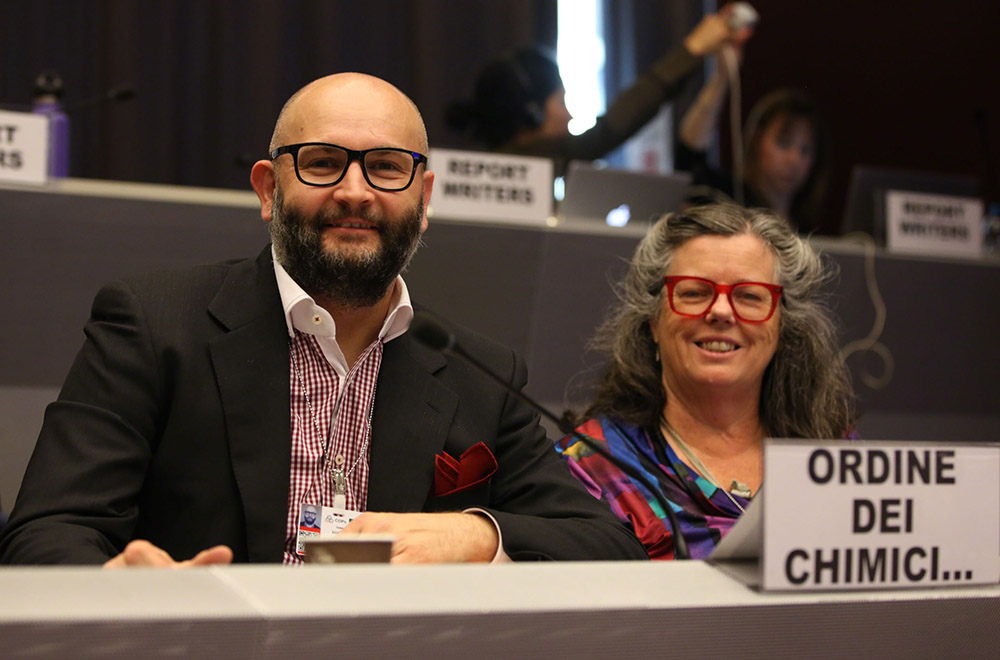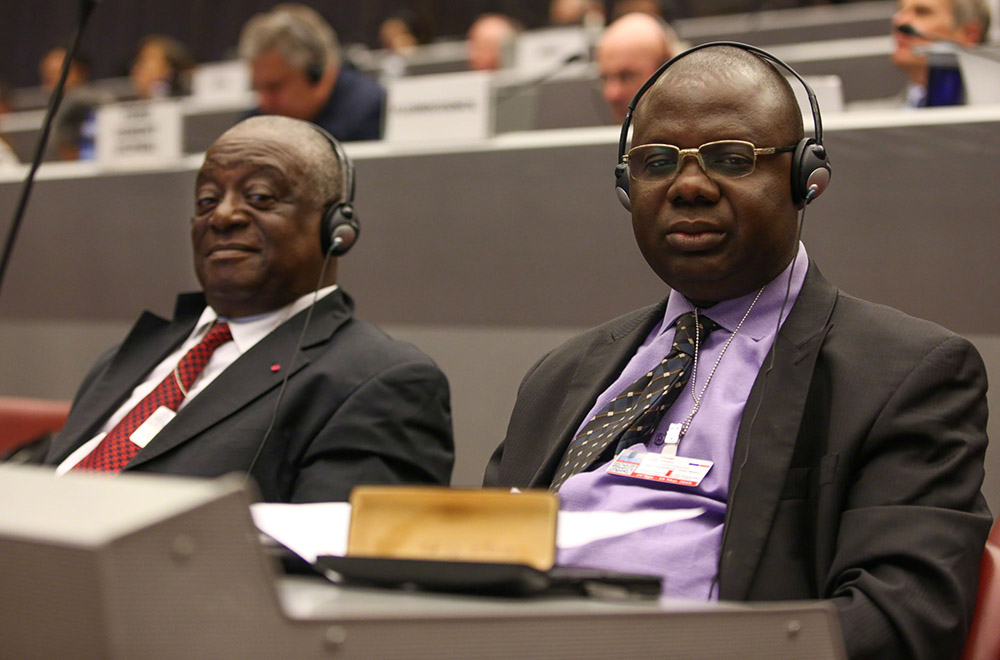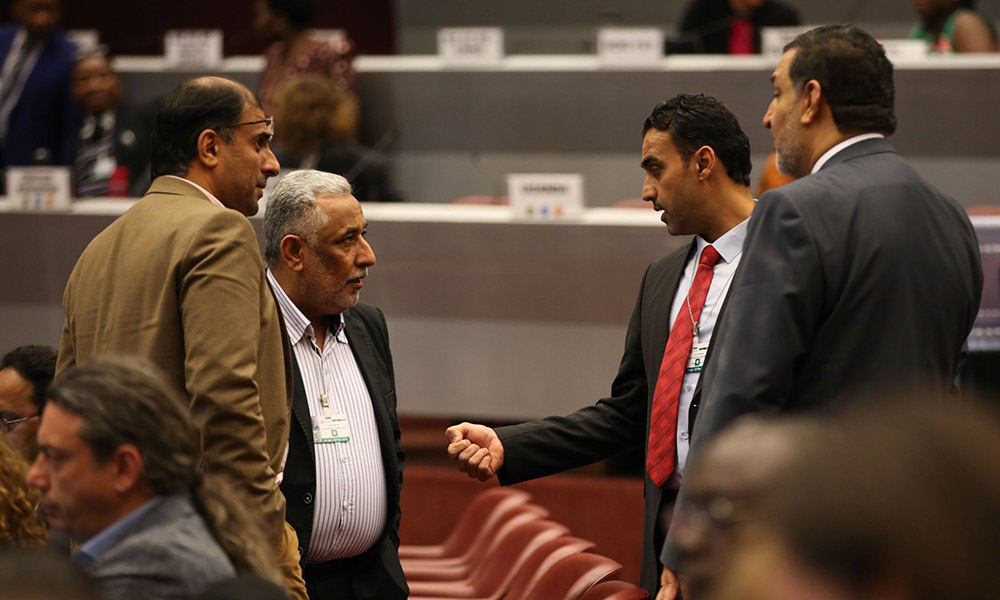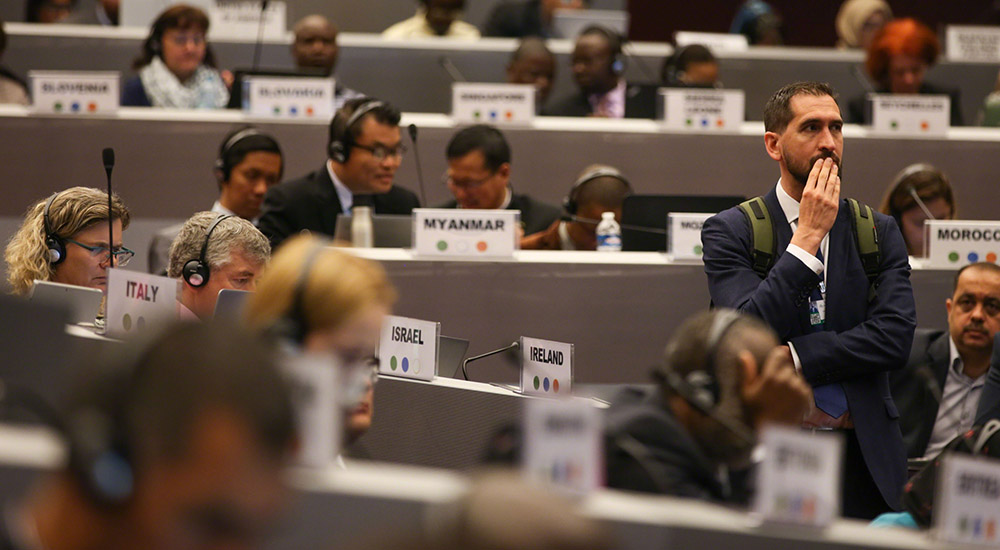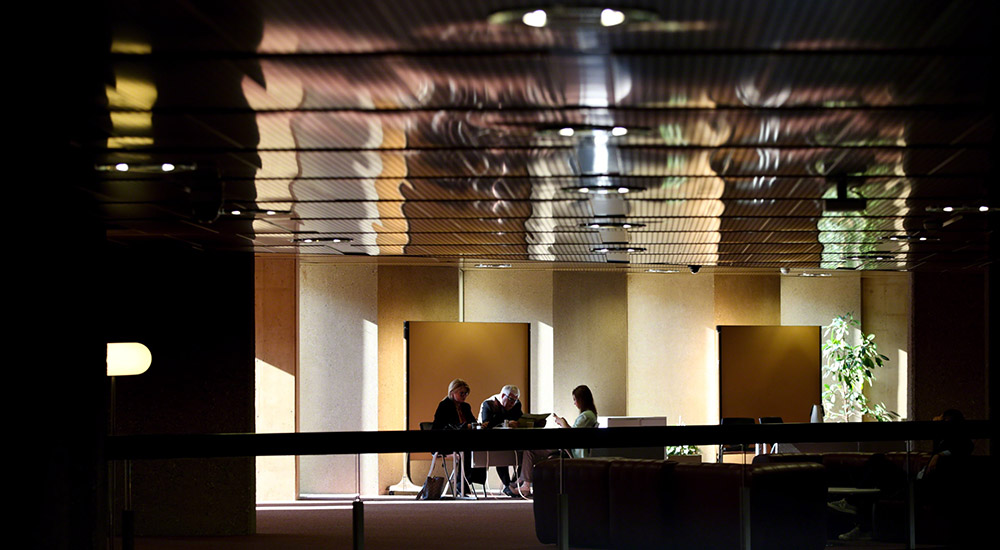Summary
Highlights for Wednesday, 1 May 2019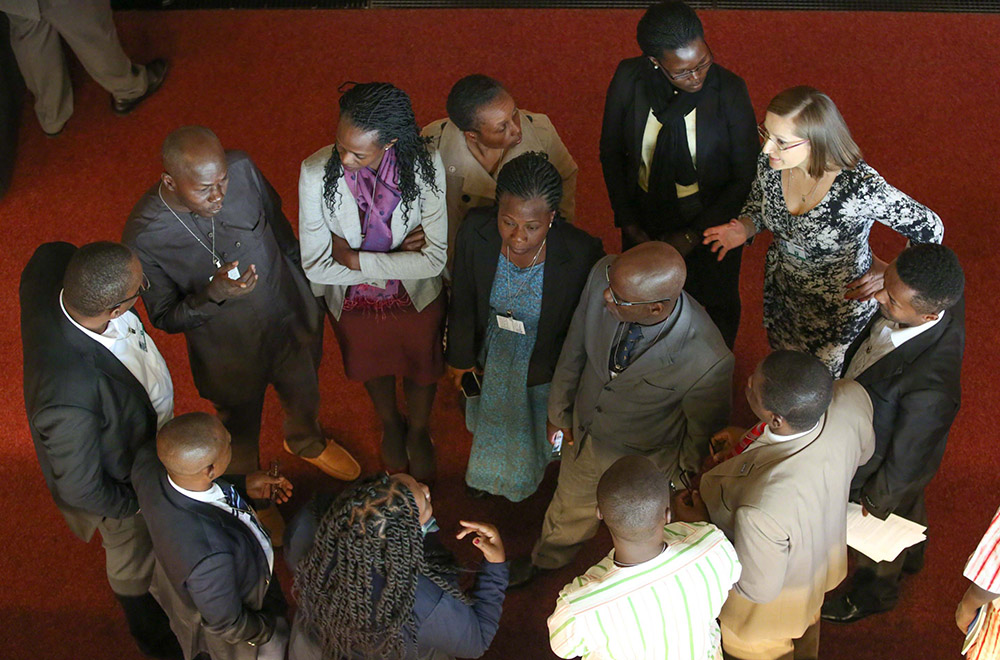
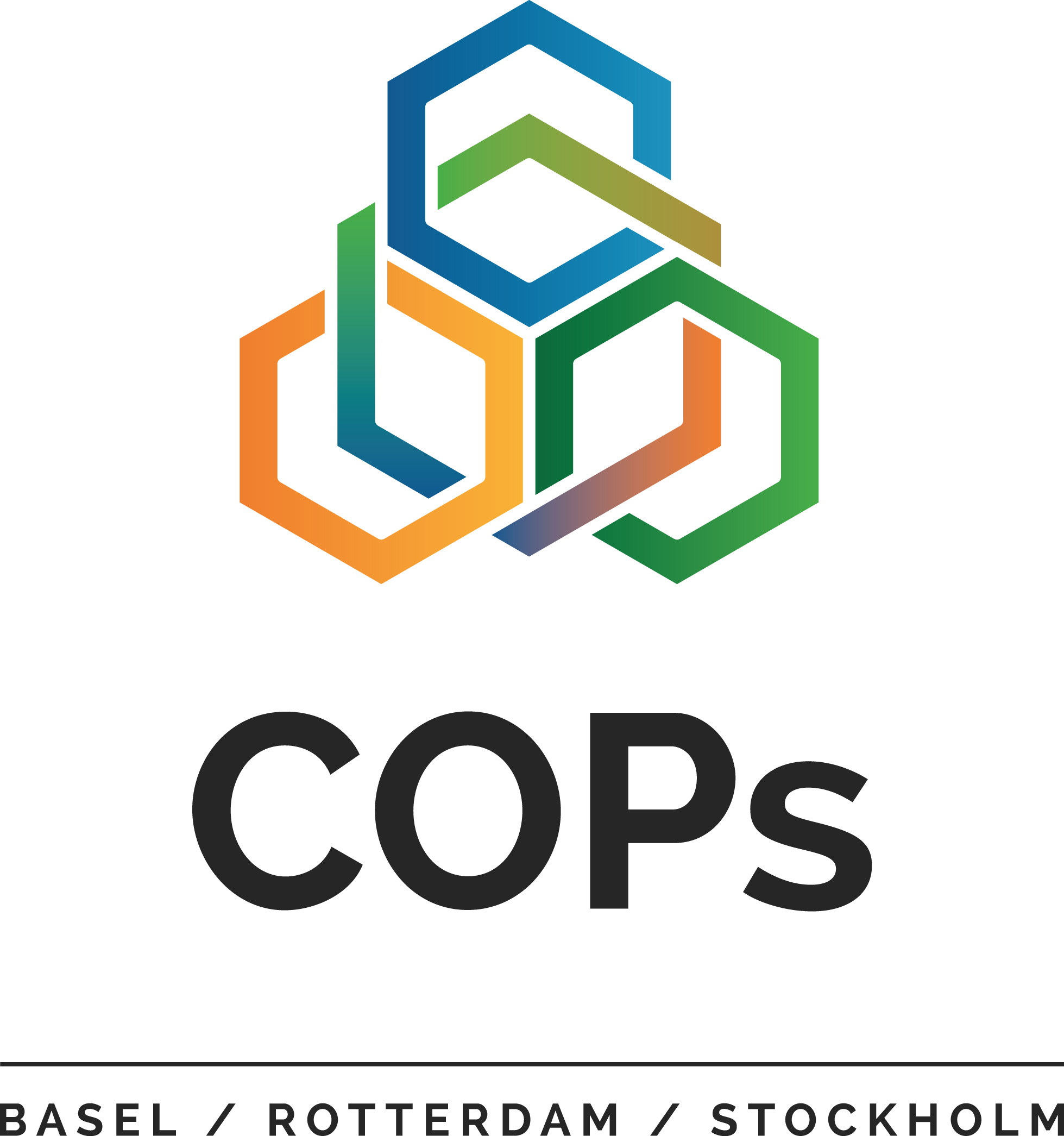 On Wednesday, delegates gathered for the third day of the meetings of the Conferences of Parties to the Basel, Rotterdam and Stockholm (BRS) Conventions. In the morning, participants continued their work on issues of joint concern, including mainstreaming gender and strengthening synergies among the Conventions to combat illegal trade and traffic in hazardous chemicals and wastes.In the afternoon, delegates turned their attention to two persistent organic pollutants (POPs) that were among the first twelve to be listed under the Stockholm Convention when it entered into force in 2004: DDT and polychlorinated biphenyls (PCBs).In a lengthy consideration of DDT, delegates revisited a longstanding debate about the need for the continued use of this insecticide for disease vector control. Many delegates highlighted the availability of affordable alternatives, while others emphasized the need to protect ongoing access to what they characterized as a readily available and inexpensive tool for combating malaria.With Stockholm Convention targets for PCB phase out (2025) and elimination (2028) looming, delegates discussed the lack of information on remaining stockpiles and equipment containing PCBs. One delegate stressed that the “deadline is practically tomorrow and we’re still working on inventories.” Amidst many calls for accelerated action, the COP adopted a decision that urges parties to “step up their efforts” to eliminate the use of PCBs.Contact groups convened throughout the day on a range of issues. The group working on listing of chemicals under the Stockholm Convention made significant progress in determining how to account for the ‘related compounds’ in the proposed listing of perfluorooctanoic acid (PFOA), its salts, and related compounds. Discussions on low-POP content values continued in the Basel Convention’s Technical Matters group, and in the Joint Issues group, participants considered issues related to illegal traffic and trade in hazardous chemicals and wastes. Several issues related to technical assistance and financial resources, were discussed in a contact group, including guidance to the Global Environment Facility (GEF) on marine plastic litter as it relates to the Stockholm Convention, with some calling for a broader focus on all plastic litter.For more details on the day's events and to hear what delegates said in the corridors, see our Earth Negotiations Bulletin.
On Wednesday, delegates gathered for the third day of the meetings of the Conferences of Parties to the Basel, Rotterdam and Stockholm (BRS) Conventions. In the morning, participants continued their work on issues of joint concern, including mainstreaming gender and strengthening synergies among the Conventions to combat illegal trade and traffic in hazardous chemicals and wastes.In the afternoon, delegates turned their attention to two persistent organic pollutants (POPs) that were among the first twelve to be listed under the Stockholm Convention when it entered into force in 2004: DDT and polychlorinated biphenyls (PCBs).In a lengthy consideration of DDT, delegates revisited a longstanding debate about the need for the continued use of this insecticide for disease vector control. Many delegates highlighted the availability of affordable alternatives, while others emphasized the need to protect ongoing access to what they characterized as a readily available and inexpensive tool for combating malaria.With Stockholm Convention targets for PCB phase out (2025) and elimination (2028) looming, delegates discussed the lack of information on remaining stockpiles and equipment containing PCBs. One delegate stressed that the “deadline is practically tomorrow and we’re still working on inventories.” Amidst many calls for accelerated action, the COP adopted a decision that urges parties to “step up their efforts” to eliminate the use of PCBs.Contact groups convened throughout the day on a range of issues. The group working on listing of chemicals under the Stockholm Convention made significant progress in determining how to account for the ‘related compounds’ in the proposed listing of perfluorooctanoic acid (PFOA), its salts, and related compounds. Discussions on low-POP content values continued in the Basel Convention’s Technical Matters group, and in the Joint Issues group, participants considered issues related to illegal traffic and trade in hazardous chemicals and wastes. Several issues related to technical assistance and financial resources, were discussed in a contact group, including guidance to the Global Environment Facility (GEF) on marine plastic litter as it relates to the Stockholm Convention, with some calling for a broader focus on all plastic litter.For more details on the day's events and to hear what delegates said in the corridors, see our Earth Negotiations Bulletin.
IISD Reporting Services, through its Earth Negotiations Bulletin (ENB) Meeting Coverage, provided daily web coverage, daily reports, and a summary and analysis report from the 2019 Meetings of the Conferences of the Parties to the Basel, Rotterdam and Stockholm Conventions. The summary and analysis report is available in HTML and PDF.
Photos by IISD/ENB | Kiara Worth
For photo reprint permissions, please follow instructions at our Attribution Regulations for Meeting Photo Usage Page.
Morning Plenary
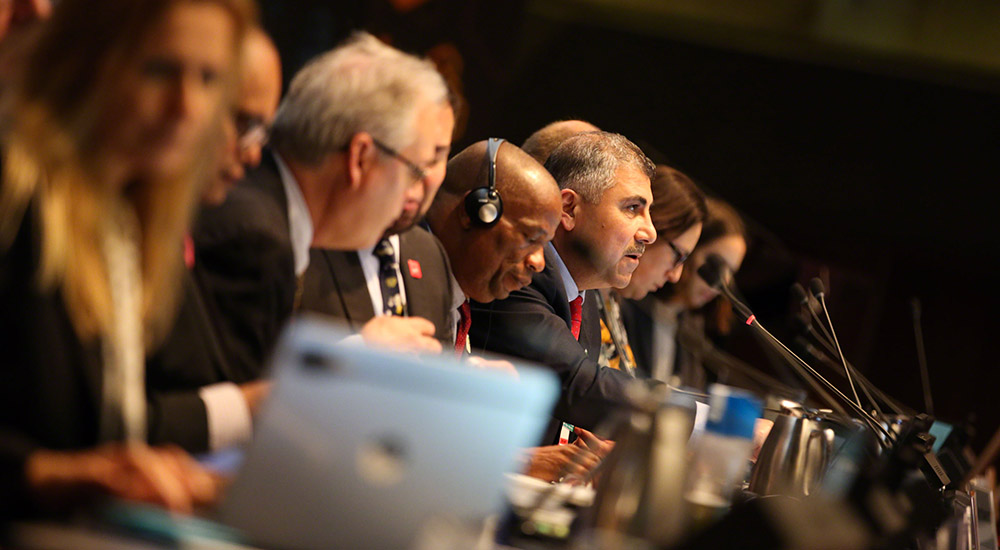

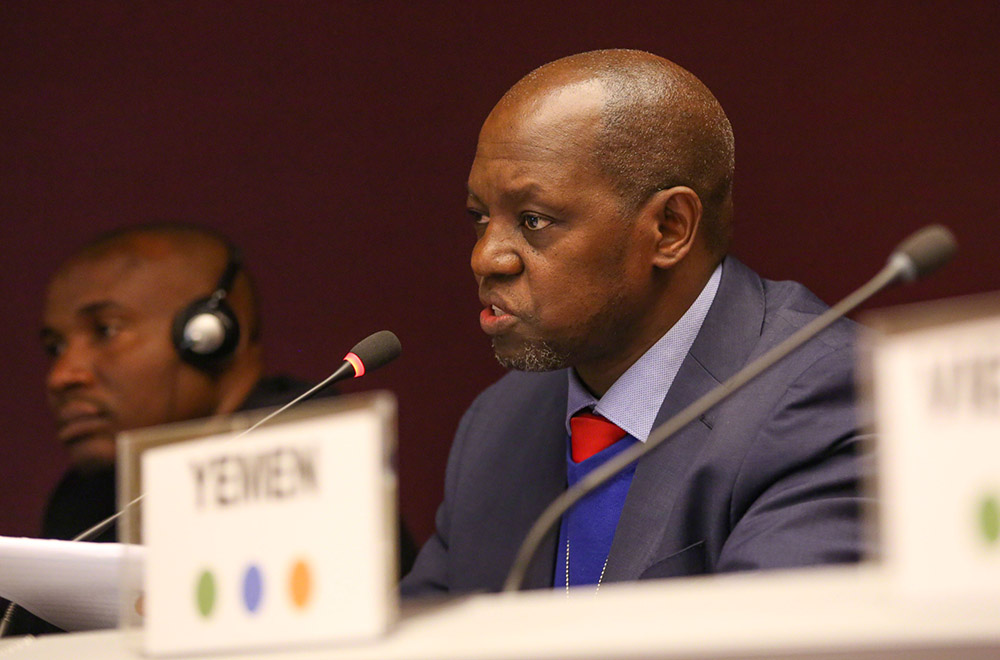
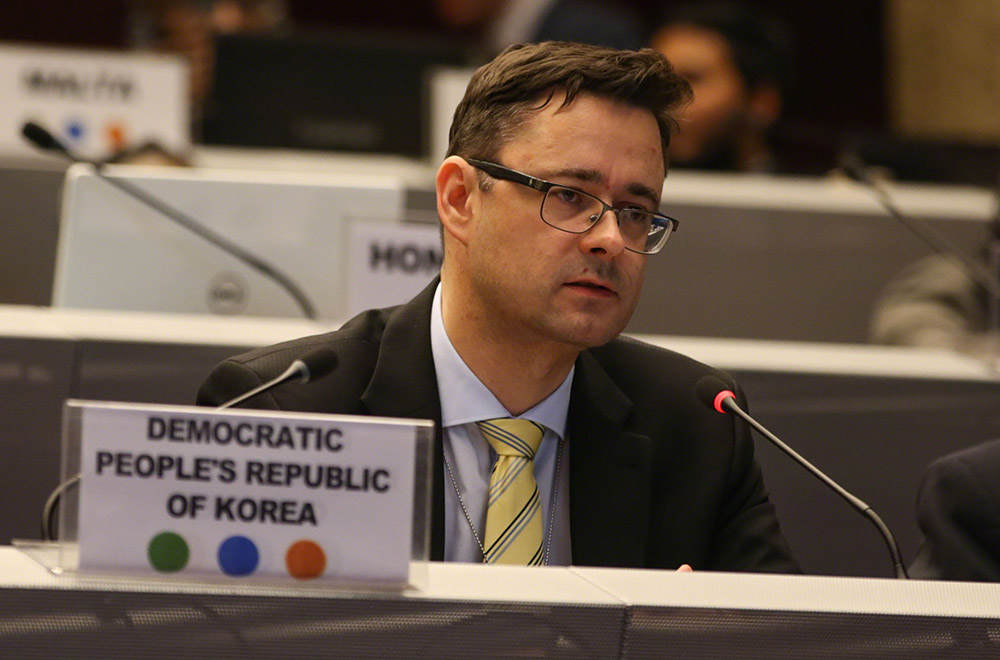
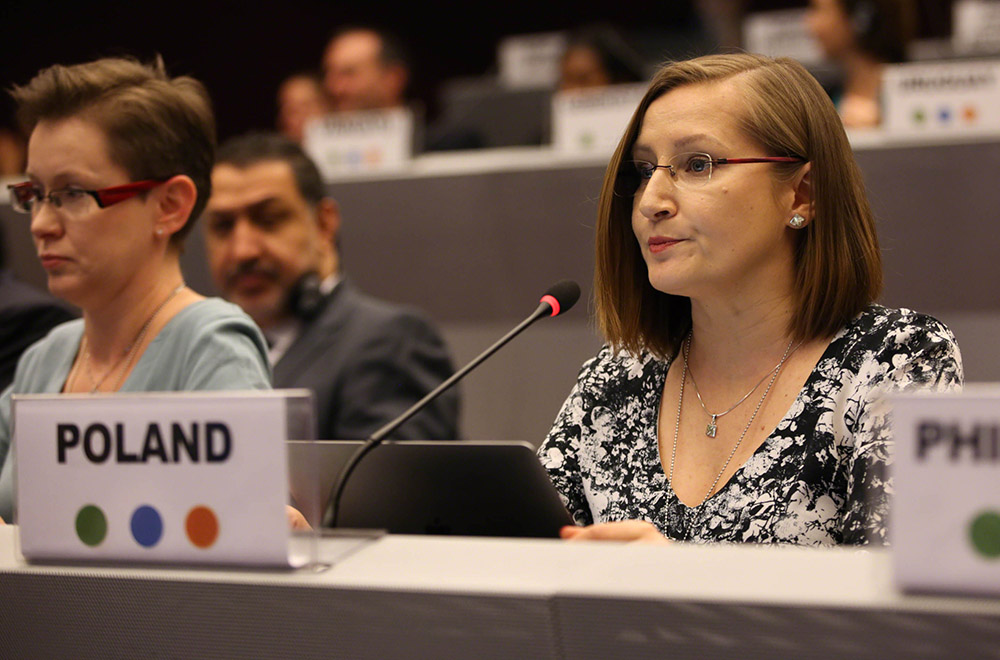
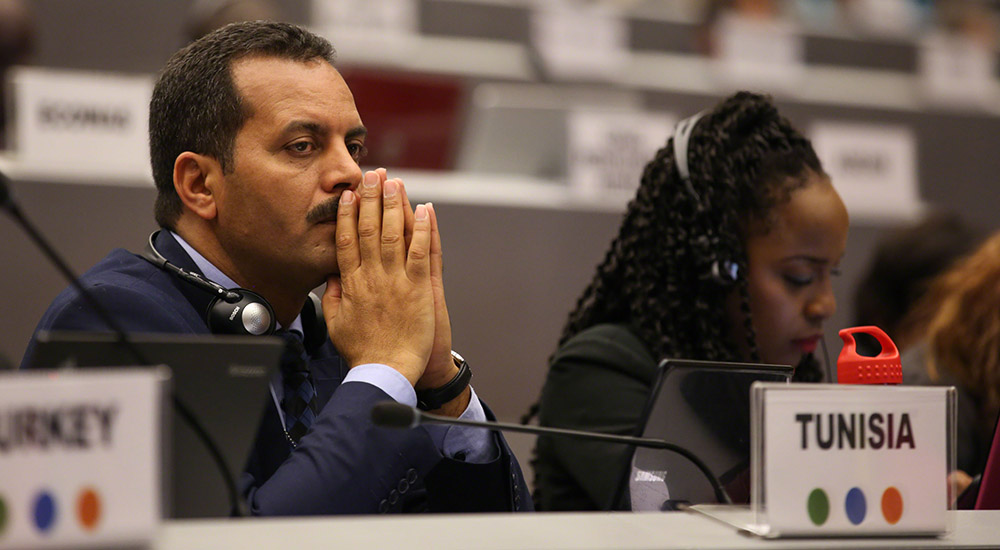
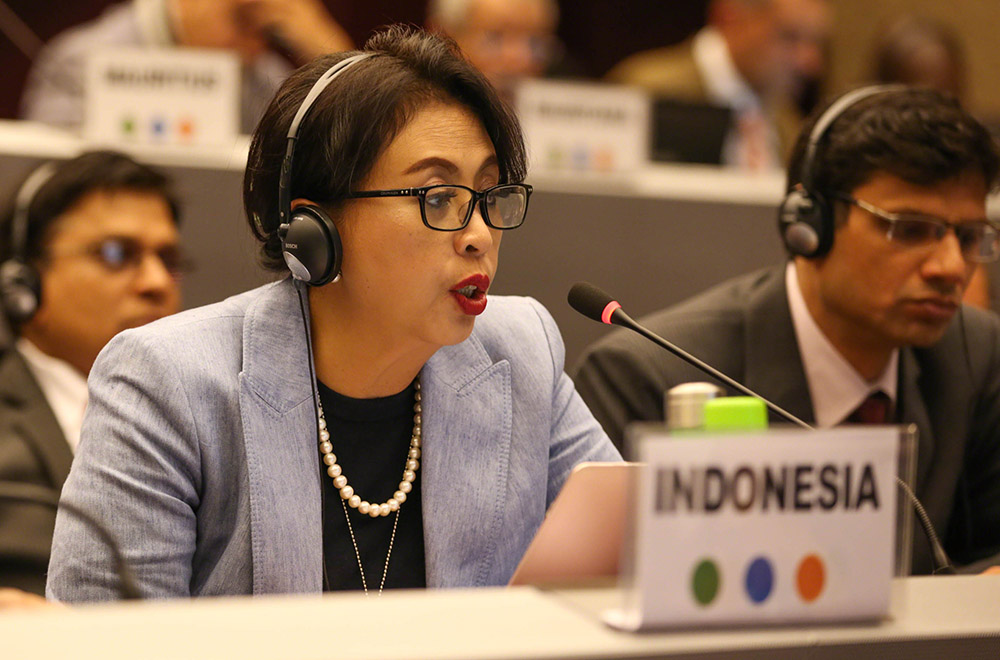
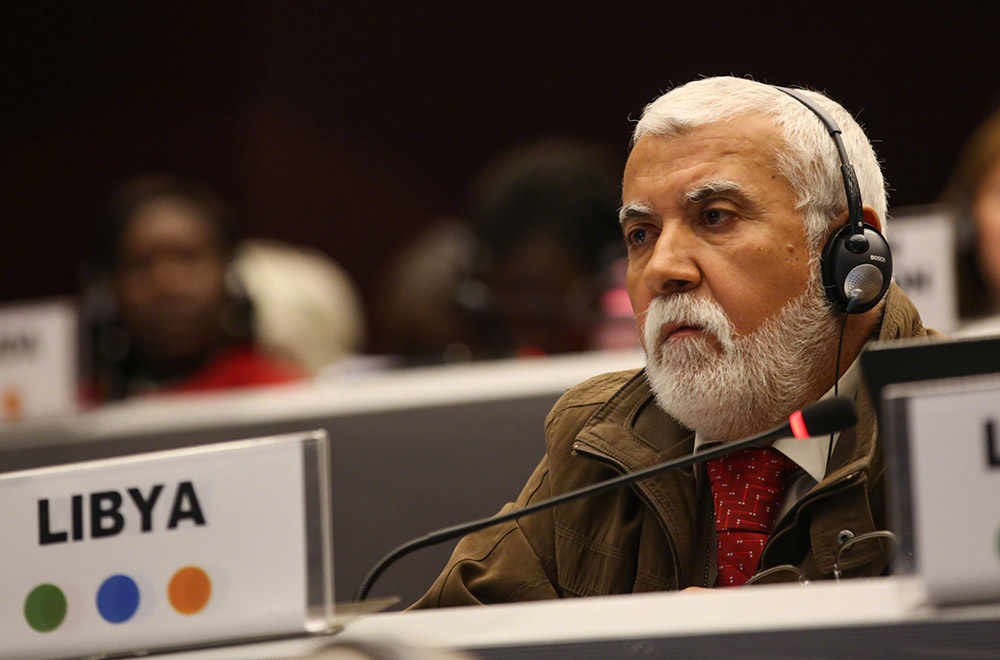
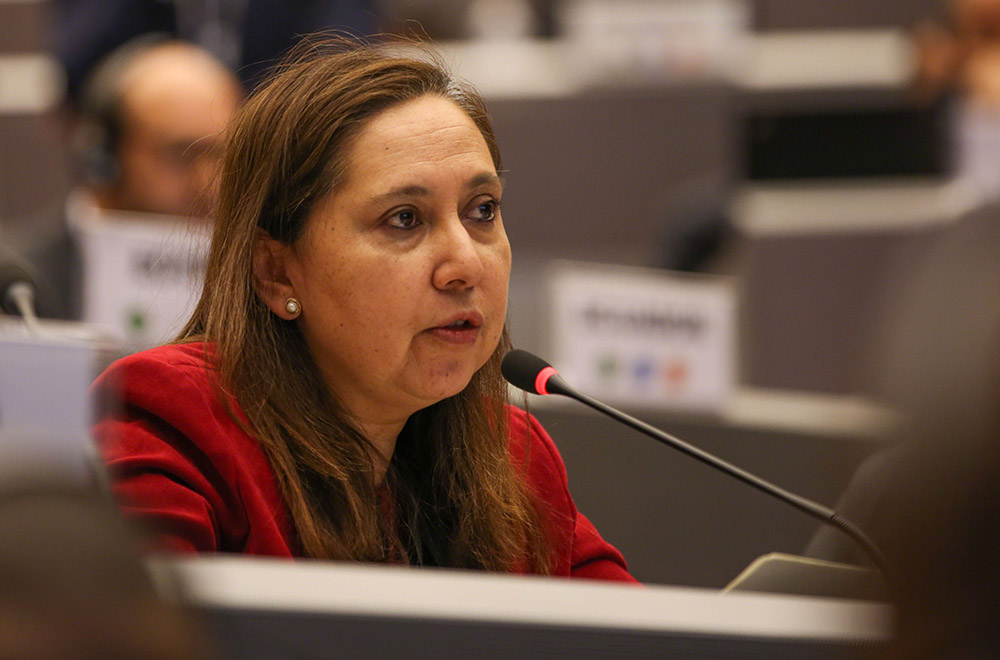
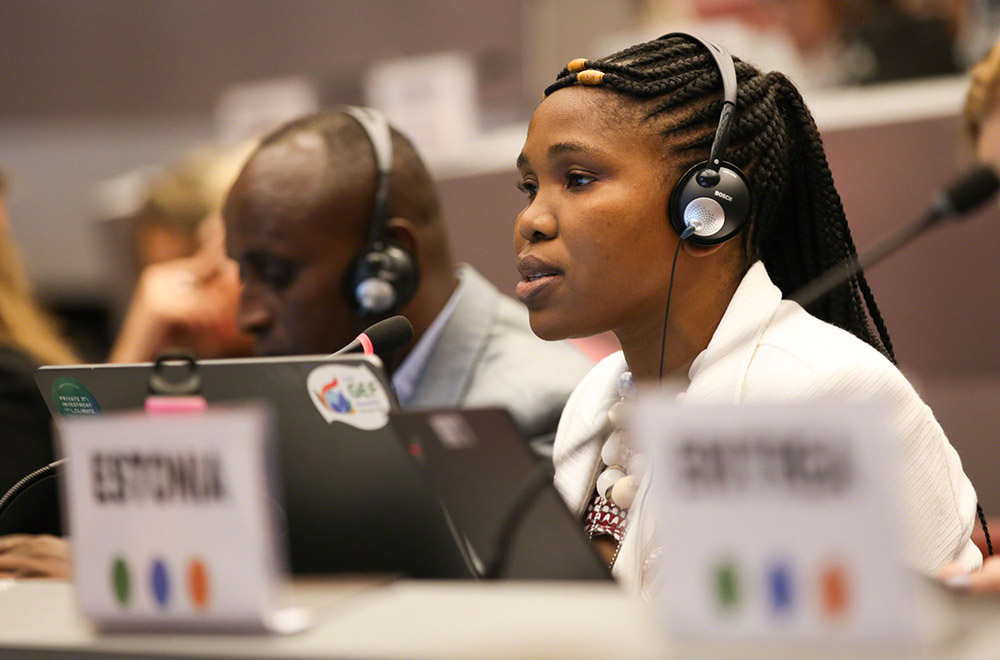
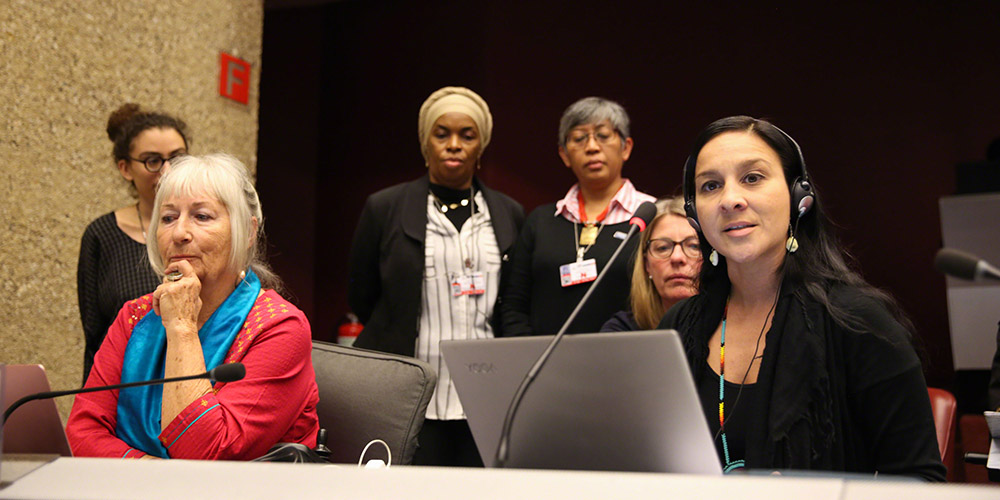
Contact Groups
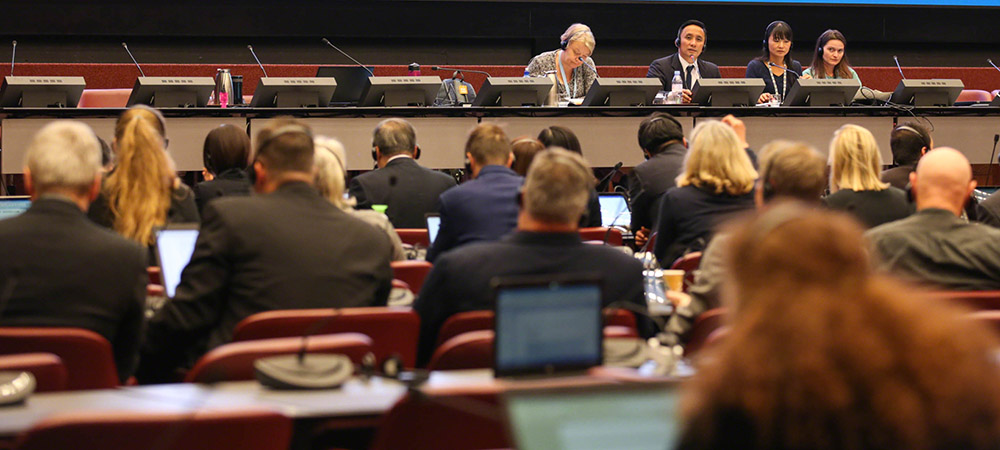
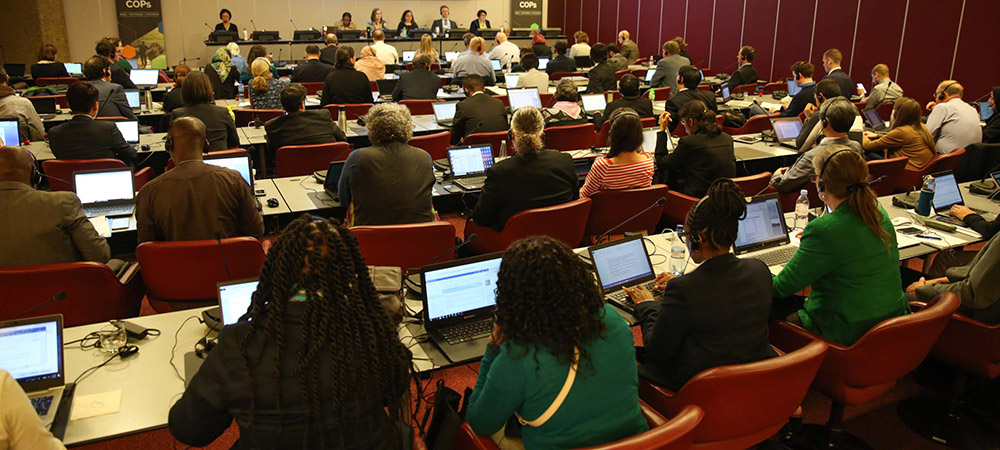
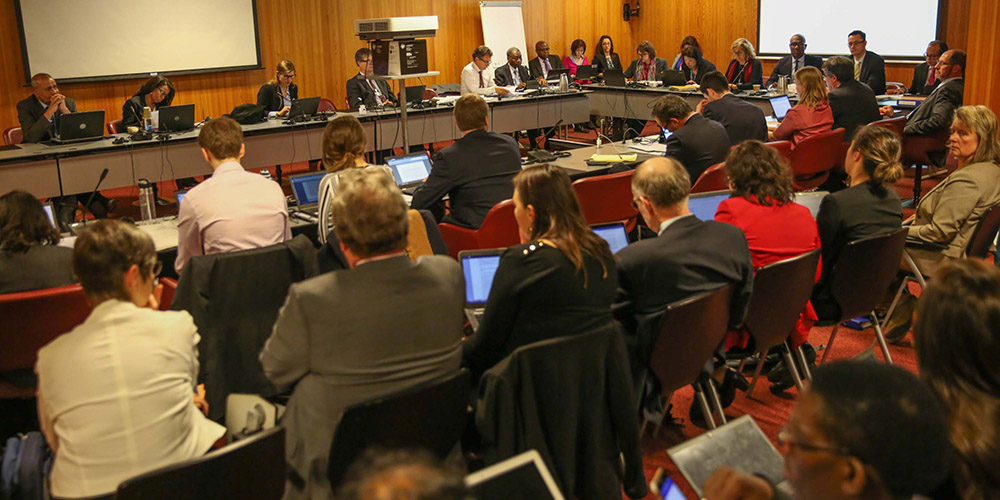
Afternoon Plenary
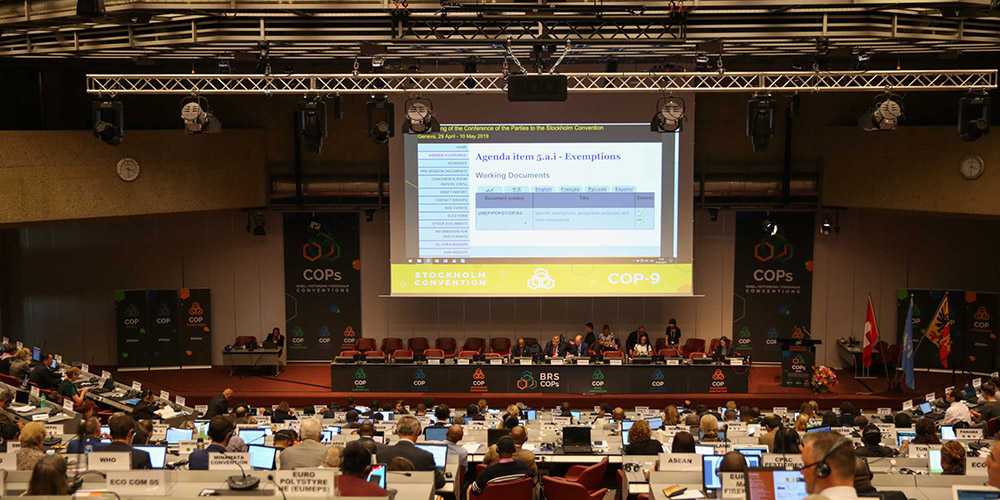
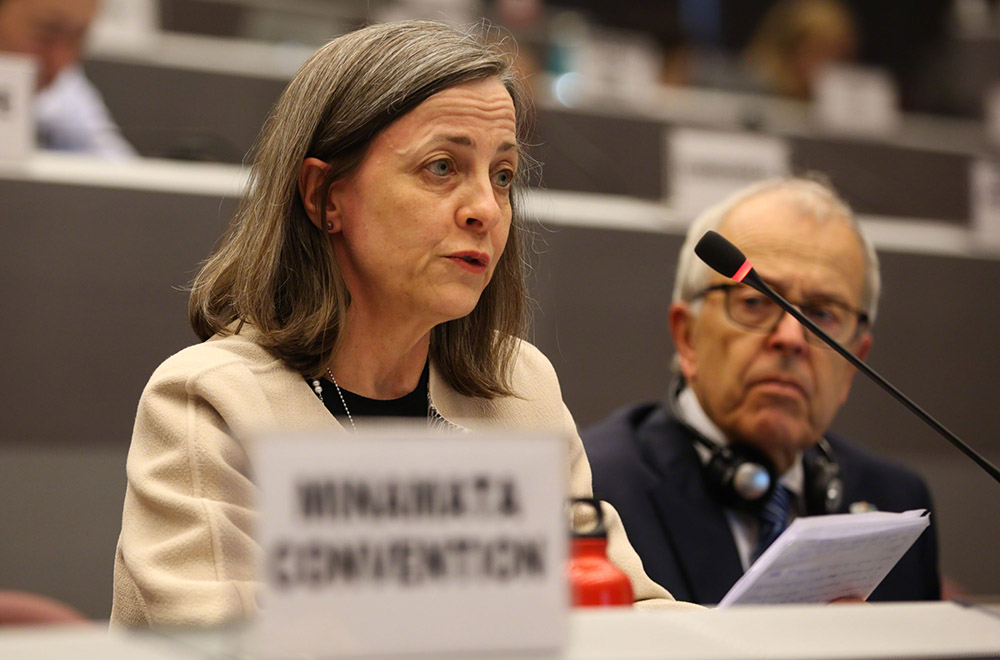
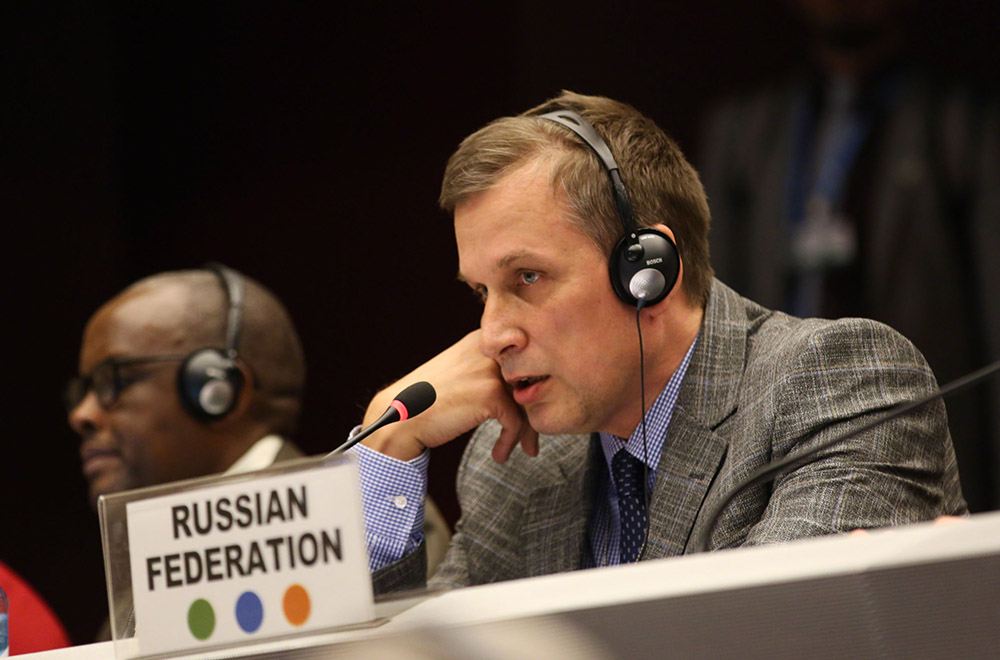


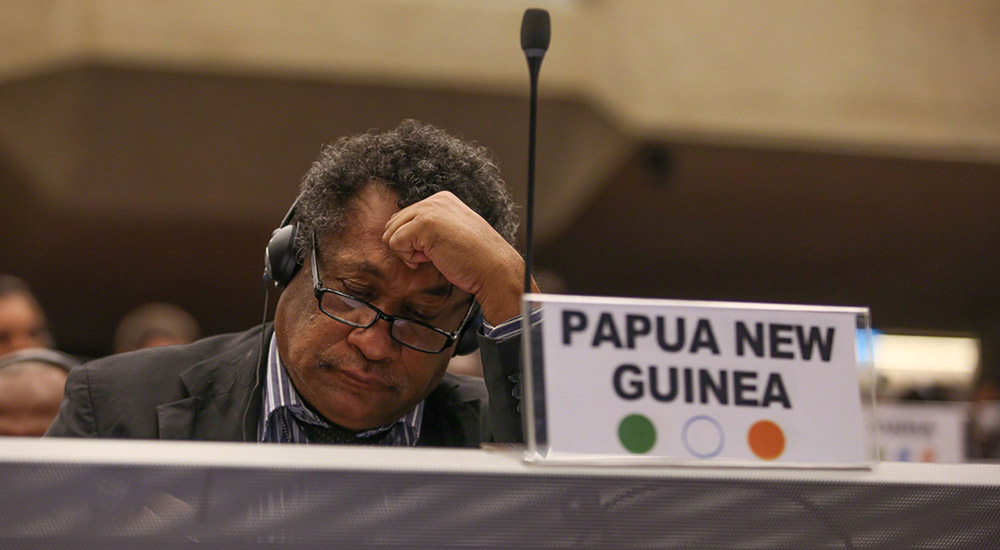


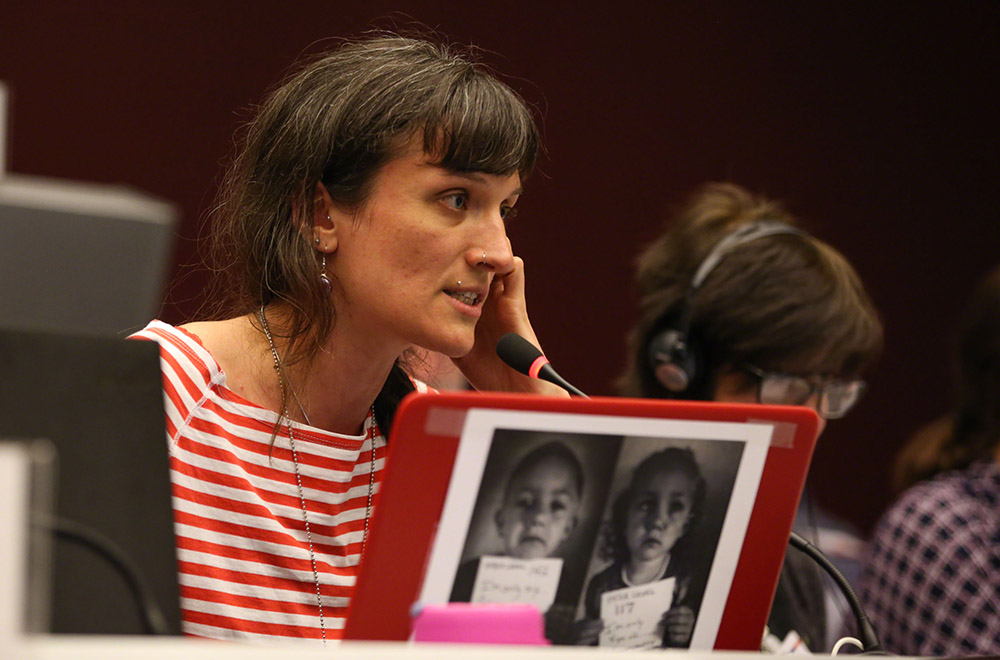
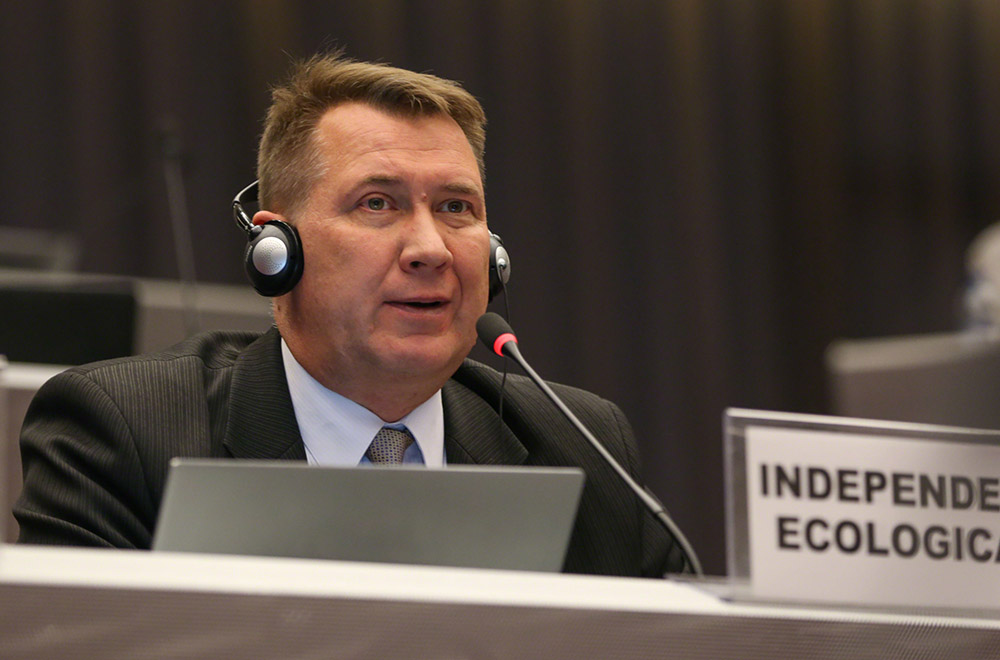
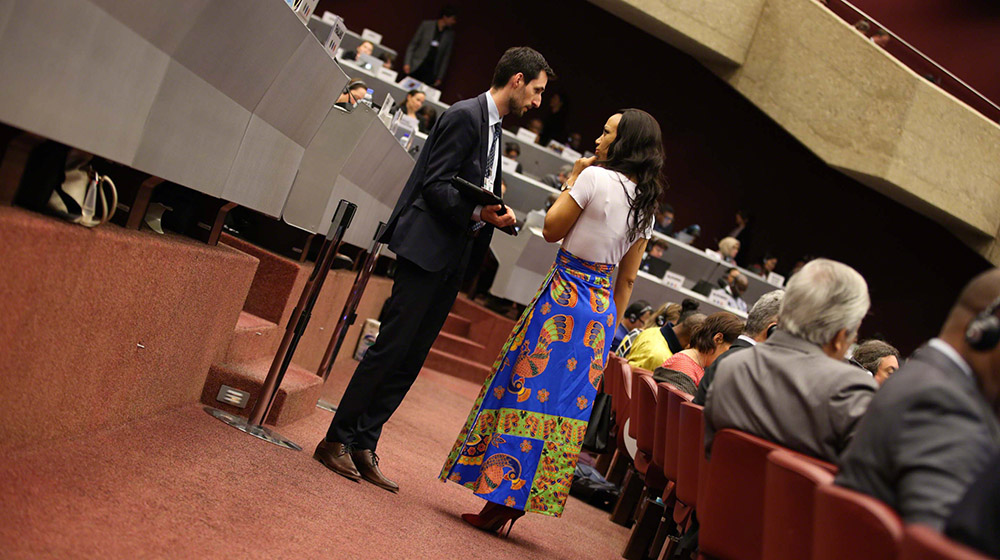
Around the Venue
